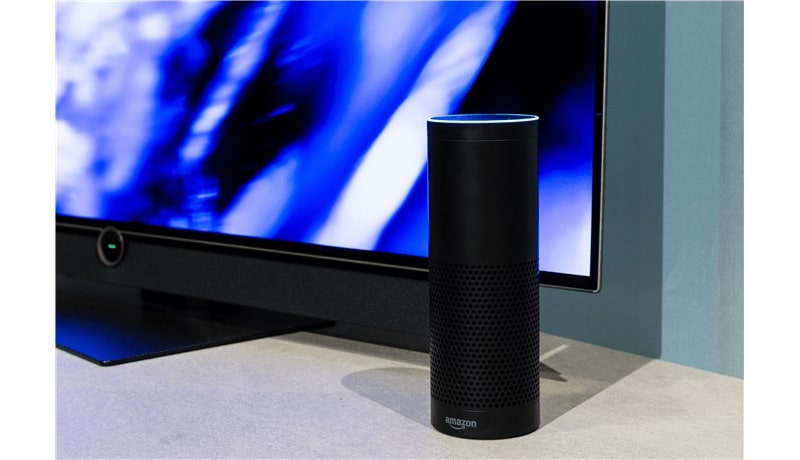
From smart speakers to security cameras, Internet of Things products have quickly integrated themselves into homes across the world. However, as even the fridge receives internet connectivity, the amount of cyber-security threats is set to increase as hackers begin poking for new vulnerabilities.

However, research conducted by Juniper Research estimates IoT cyber-security investment is set to reach $6 billion by 2023, marking a 300% increase on 2018’s figures. The company claim this significant increase would be driven by growing risks to businesses and regulatory standards put in place by the government.
So far, Juniper Research’s prediction has been accurate as January 2020 saw the UK government introduce new Internet of Things rules to protect consumers. These new laws will require IoT companies to clearly state how long they will support their product with security updates. Meanwhile, manufacturers will need to ship each device with a unique password to ensure hackers can’t target customers who don’t change the default login details.
In a statement regarding the new legislation, Matt Warman, the UK’s Digital Minister, said:
“Our new law will hold firms manufacturing and selling internet-connected devices to account and stop hackers threatening people’s privacy and safety.
It will mean robust security standards are built-in from the design stage and not bolted on as an afterthought.”
For companies, this means the security of their IoT-connected devices must be considered and implemented earlier in the development process. It also requires businesses to commit to a timeline of consistent security updates to ensure any vulnerabilities which may arise will be patched.
It’s not just the consumer goods market benefiting for the rise in Internet of Things technology. Research conducted by Navigant Research expects the utility industry to increase spending on IoT and analytical technology, exceeding $5 billion by 2028.
The main driver for this investment is due to the current tools used within the industry quickly becoming outdated and in need of replacement. The report suggests the utility sector is now presented with a substantial opportunity to embrace IoT technologies before prices and demand soar.
Today’s smart grids provide companies with more data than ever before, and by utilising the Internet of Things, cloud computing, machine learning and AI, they can unlock even more valuable insights and drive operational efficiencies.
However, deploying IoT tech throughout the industry can increase the risk of cyber-security attacks. Utilities are a vital part of a country’s infrastructure, and any successful attack could be devastating. Therefore, there’s an urgency to proactively fight any potential vulnerabilities before the industry can truly evolve.
At Senitor, we’ve been placing IT specialists at the forefront of the industry for over 20 years. During this time, we’ve seen innovations rise, and trends fall the wayside, so you can rely on us to help you find your next IT role. So, if you’re looking for the next exciting step in your career, get in touch today and see how we can help.


